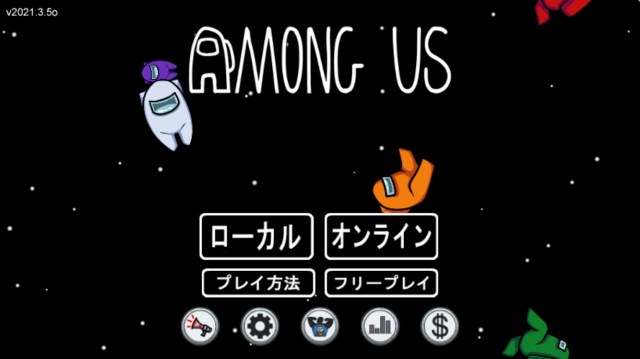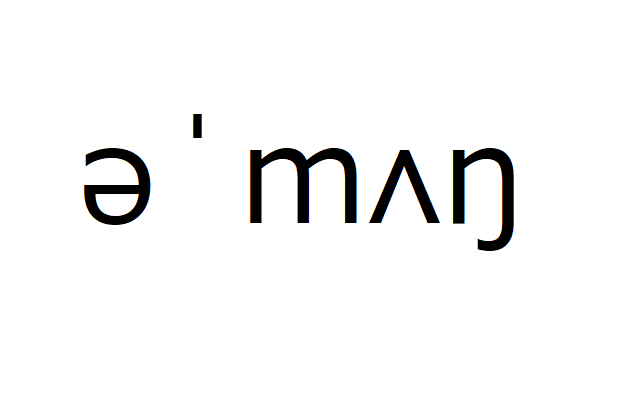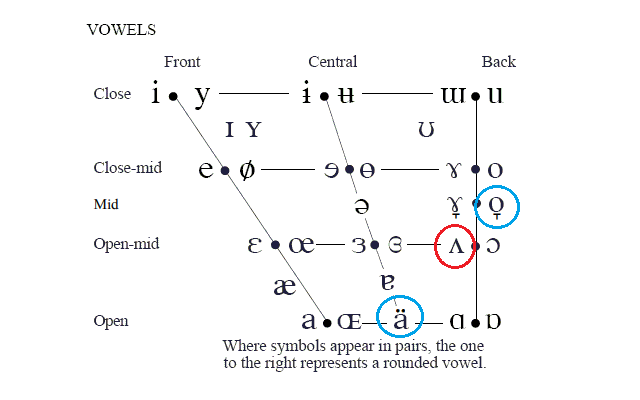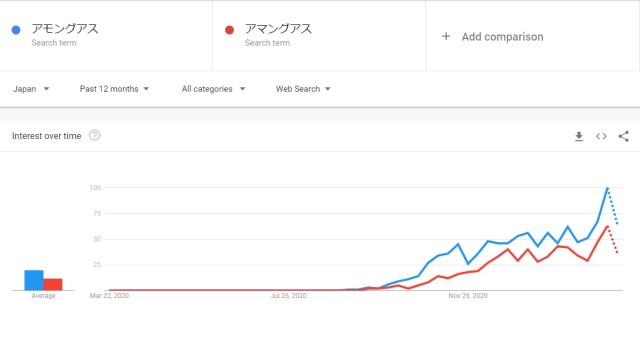How do you pronounce “Among Us” in Japanese? Simple question has linguistically deep answer

Is “A-MOng Us” or “A-MAng Us” the victor?
When I first learned Japanese, I was shocked that my name “Scott” didn’t turn into “Su-KA-tto” but instead “Su-KO-tto” due to Japanese pronunciation. I felt like the first one was much closer to how it sounds in English, so I was confused about the vowel change.
Of course, that was only the beginning. Then I learned that “ball” is “bōru” instead of “bāru,” “cup” is “koppu” instead of “kappu,” “button” is “botan” instead of “batan,” and my brain broke.
And now the strangely translated English-to-Japanese vowel sounds have found a new challenger: the game Among Us.
▼ You can see here how the game title is kept in English not only in the YouTube title,
but also on the game’s main screen as well, despite everything else being in Japanese.
One of the reasons the title is kept in English is because there’s a disagreement on how “among” should be pronounced in Japanese: a-MOn-gu or a-MAn-gu.
For those who think it’s a small difference that doesn’t really matter… I have bad news. We’re going for a deep, deep dive into this small difference that doesn’t really matter!
▼ For everyone else though, strap on your goggles because we’re jumping
into the nitty gritty of Japanese and English phonology.

The first thing we need to do is break down the actual English pronunciation of the word “among.” English spelling is notoriously silly, and nowhere is it more ridiculous than its vowels.
English has between 14 and 20 vowel sounds depending on the dialect. Just for an example, the letter “a” pronounced wildly different in words like “apple,” “comma,” “father,” and “face.”
Because of this, linguists use the International Phonetic Alphabet (IPA) to spell out words accurately. This is what the word “among” looks like in it:
▼ The sound in question is the triangle symbol in the middle,
an “open-mid back unrounded” vowel. (We’ll get to what that means in a minute.)

Thankfully Japanese only has five vowels, so all we have to do is figure out which is closest to the triangle and that’s the winner, right? Either a-mon-gu or a-man-gu.
Sure, but that’s not so easy. Here’s the IPA vowel chart, with the English vowel in red and the two closest Japanese vowels in blue.
▼ The o̞ sound is a mid back rounded vowel,
and the ä sound is an open central unrounded vowel.

The o̞ sound is different from the ʌ sound by two aspects: tongue height (mid vs. open-mid) and lip rounding (rounded vs. unrounded).
But the ä sound is also different from the ʌ sound by two aspects: tongue height (open vs. open-mid) and tongue position (central vs. back).
▼ So which one is the winner? Is it a tie? Do the imposters win?!

The winner is the o̞ sound! A-MOn-gu. But why? There are plenty of examples of the same sound going the other way, like “guts” becoming “gattsu,” “mug” becoming “magu,” and “lunch” becoming “lanchi.”
The reason is because we have an official response from Victoria Tran, the community director at Innersloth, the company that made the game. She replied to the question, saying “Among Us” is pronounced “A-mon-gu A-su” in Japanese.
▼ Google Trends also shows the preference of “a-MOn-gu” (blue) over “a-MAn-gu” (red).

As for the reason why “a-MOn-gu” is the preferred pronunciation, we can only hypothesize:
- Perhaps more Japanese speakers value tongue-position over lip-rounding in preserving vowel sounds from English.
- Perhaps the o̞ version has a better flow, since there’s already two other ä sounds in the title, one at the beginning and end. You can see them here in the Japanese IPA version of the title: ämo̞ɴgɯ äsɯ.
- Perhaps someone just heard it that way and spread it, likely the same reason why we pronounce karate as “kuh-ra-tee” and karaoke as “carry-okie” in English.
No matter the reason, it’s not about the linguistic destination, it’s about the linguistic journey. Now let’s continue on that ride toward the endless language horizon by seeing why the Japanese word for “to take” is a little more violent than you likely expect.
Source: Automation via My Game News Flash
Top image: SoraNews24
Insert images: Pakutaso, International Phonetic Association (Edited by SoraNews24), Pakutaso
● Want to hear about SoraNews24’s latest articles as soon as they’re published? Follow us on Facebook and Twitter!
Credit:

0 comments: